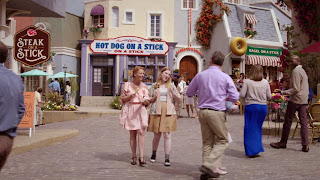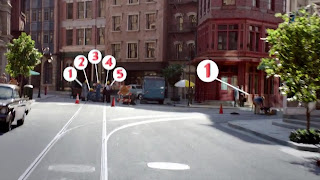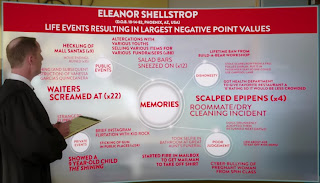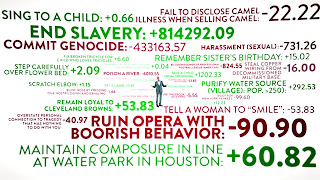The actual Good Place

Michael: The Good Place is divided into distinct neighborhoods. Each one contains exactly 322 people who have been perfectly selected to blend together into a blissful harmonic balance. Eleanor: Do all the neighborhoods look like this? Michael: No, every neighborhood is unique. Some have warm weather, some cold. Some are cities, some farmland. But in each one, every blade of grass, every ladybug, every detail has been precisely designed and calibrated for its residents. Eleanor: There’s a lot of frozen yogurt places. Michael: Yeah. That’s the one thing we put in all the neighborhoods. People love frozen yogurt. I don’t know what to tell you. (Season 1, episode 1) People have all kinds of ideas about heaven. One idea is that heaven is perfectly tailored to each individual, and is a place where your every desire is fulfilled for eternity. In other words, the fantasy of a two year old: whatever you want, whenever you want it. Another image is that heaven...











